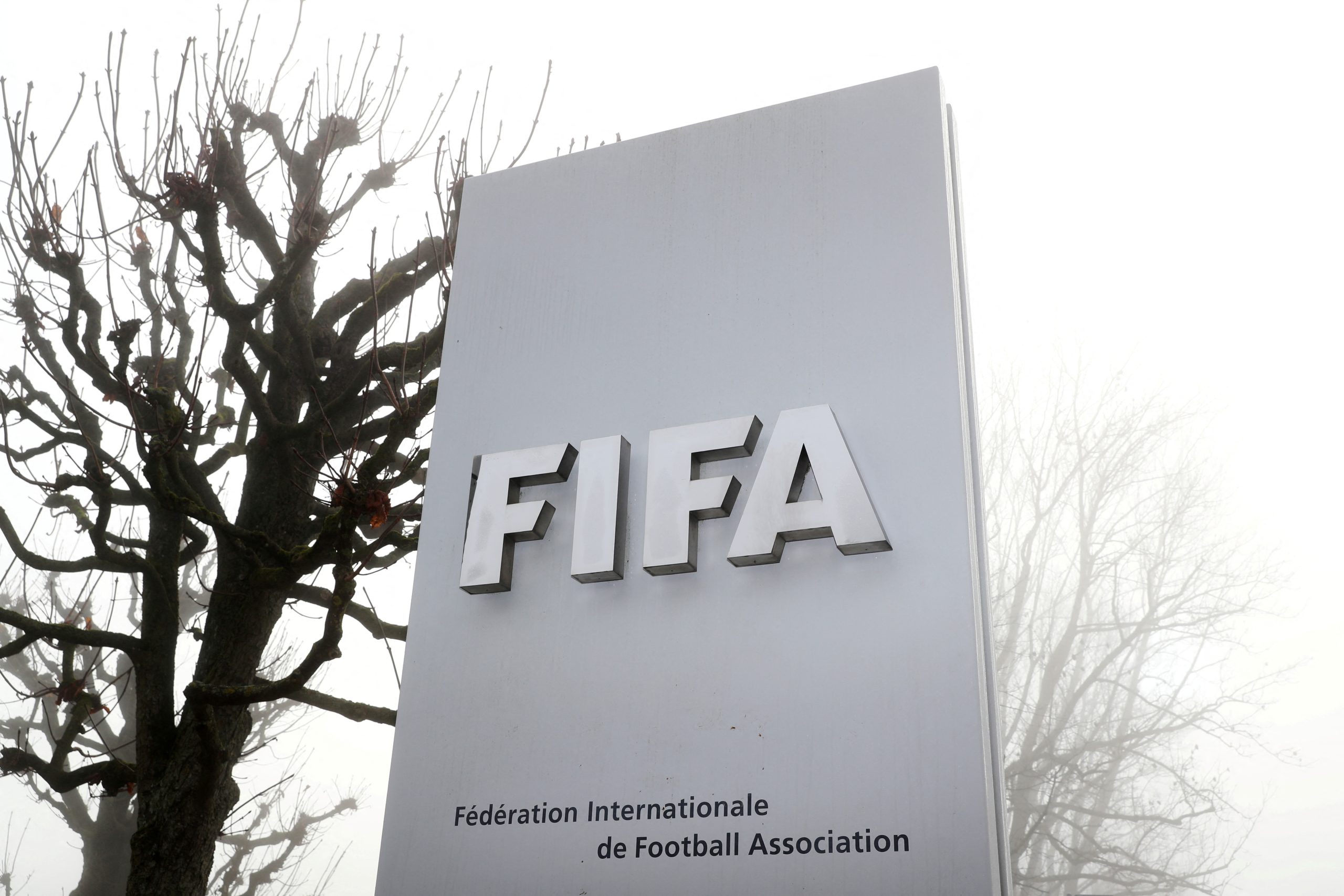Amnesty International and Human Rights Watch have reiterated calls for FIFA to halt the process to decide the 2034 World Cup hosts amid concerns about sole bidder, Saudi Arabia’s, human rights record.
Speaking at a press conference organised by the Sport & Rights Alliance on Wednesday (December 4) ahead of the FIFA congress on December 11, Amnesty International’s head of Labour Rights and Sport, Steve Cockburn, argued the procedure to decide the 2034 hosts has been a stitch up long in the making, “The bidding process has basically been and sham for start to finish. It’s been an empty process that’s really been there to serve a predetermined outcome.”
On Saturday, FIFA released an evaluation report which gave the Saudi bid an overall average score of 4.2 out of 5, higher than the 4.0 awarded to 2026 bid from the United States, Canada and Mexico, with human rights deemed a ‘medium’ risk.
Cockburn dismissed this report as an ‘astonishing whitewash’, explaining, “FIFA agreed with the Saudi Arabia Football Federation to limit the scope so that the only human rights issues Saudi Arabia needed to address were those the country had recognised in international treaties. And here are many human rights that Saudi Arabia hasn’t recognised meaning some of the most severe risks of the World Cup were omitted.”
Among these omissions were commitments to LGBT, trade union and freedom of expression rights in violation of FIFA’s own policies.
Cockburn also expressed concern that the lack of a competition in the bidding process further undermines the potential for the World Cup to leave a legacy in Saudi Arabia of improved human rights, “With the unopposed process that FIFA has set up I think there’s no incentive for the bidding countries to take human rights seriously as there’s no alternative.”
A Human Rights Watch report released on Wednesday found 884 Bangladeshi workers have died in Saudi Arabia during the first six months of 2024 alone.
Of these workplace deaths, 80% were attributed to “natural causes” but the circumstances were often left uninvestigated and grieving families uncompensated.
Moreover, while high-temperatures will likely be see a Saudi World Cup pushed into a winter slot –just as FIFA did with the 2022 edition in Qatar – Human Rights Watch expects outdoor workers involved in building stadiums and other facilities to continue to be at risk of organ failure as a result of the extreme heat.
Britain’s Guardian newspaper reported that at least 6,500 migrant workers — many of them working on World Cup projects — had died in Qatar after it won the right to stage the event, a number disputed by the Gulf nation.
However, as Michael Page, deputy director of Human Rights Watch’s Middle Eastern division, pointed out, the human cost of a Saudi World Cup could dwarf that figure, “The scope and scale of risk is much bigger. There were about 2 million migrant workers in Qatar, a much smaller country. There are about 13.4 million migrant workers in Saudi Arabia, many of whom work in quite remote areas.”
The Saudi World Cup bid is part of the wider Vision 2030 plan to create new engines of economic growth beyond the oil industry.
Among its most ambitious projects is NEOM, a Red Sea urban and industrial development nearly the size of Belgium due to house nearly nine million people.
(REUTERS)














